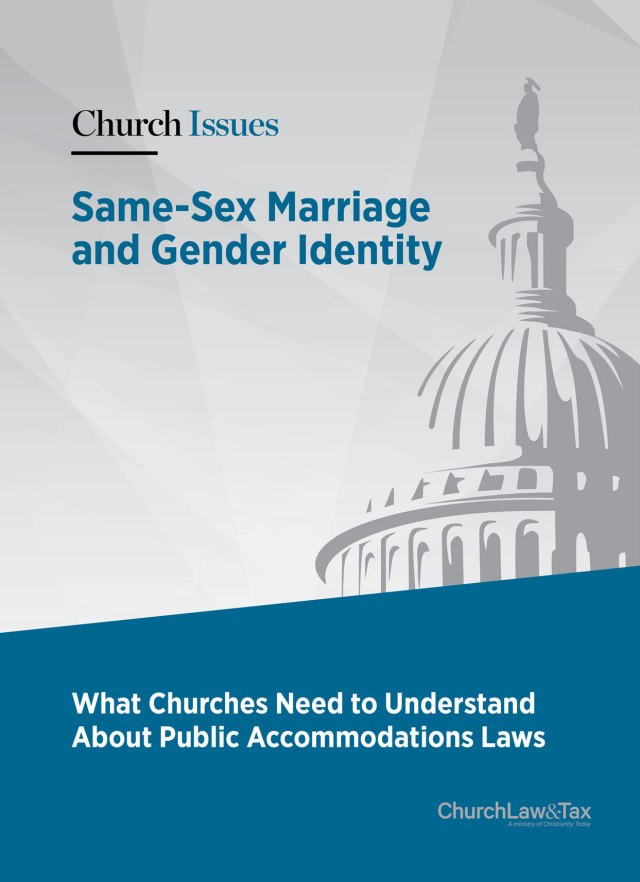Congress recently enacted the Respect for Marriage Act (RMA) and it has two primary purposes.
-
It requires the federal government to recognize
a marriage between two individuals if the marriage was valid in the state where it was performed. -
It guarantees that valid marriages between two individuals are given full faith and credit, regardless of the couple’s sex, race, ethnicity,
or national origin, but the bill would not require
a state to issue a marriage license contrary to state law.These two purposes will have little, if any, effect on churches.
This conclusion is underscored by a bipartisan amendment to the RMA that:
-
- Confirms that churches will not be required to provide any services, facilities, or goods for the solemnization or celebration of a marriage.
- Guarantees that the Act may not be used to deny or alter any benefit, right, or status of an otherwise eligible person or entity – including tax-exempt status, tax treatment, grants, contracts, agreements, guarantees, educational funding, loans, scholarships, licenses, certifications, accreditations, claims, or defenses – provided that the benefit, right, or status does not arise from a marriage. For instance, a church’s eligibility for tax-exempt status is unrelated to marriage, so its status would not be affected by this law.

